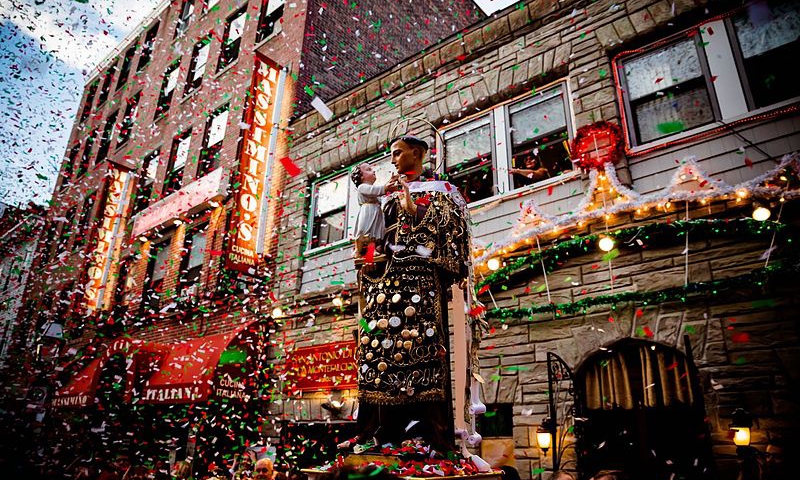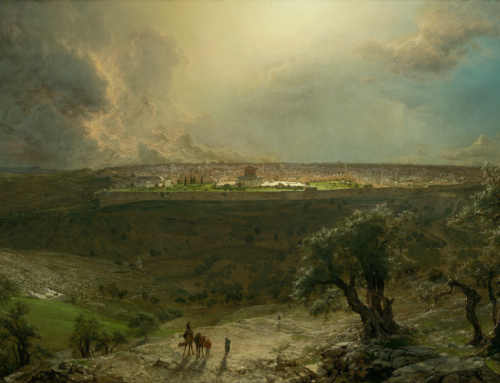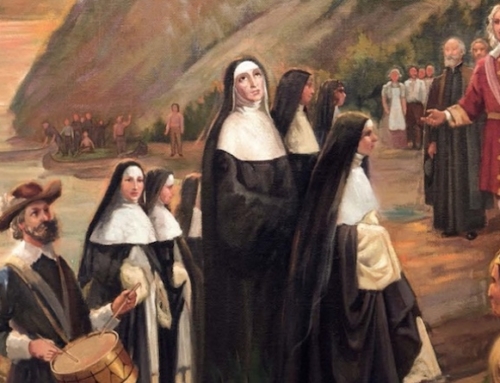Between the liturgical procession complete with marching band, the local variety of pizza without mozzarella cheese, and the statue of a poor Franciscan friar entirely covered with money, the St. Anthony’s feast day celebration I saw last year was full of paradoxes. Most left me rather puzzled, but one stood out: as the marching band came to halt before the money-statue, while the promising scent of pizza wafted over, we recited a litany of St. Anthony. This included all imaginable titles by which this beloved saint could be invoked, ranging from “hammer of heretics” and “terror of infidels” to “restorer of lost things.”
In a way, the paradox of these titles is the paradox of St. Anthony’s life and of Christianity itself. Most know St. Anthony for his role as “restorer of lost things,” a heavenly office of intercession which he fulfills with surprising efficiency. Those who see these constant prayers for finding lost keys as some kind of irrational superstition, might be surprised to learn that St. Anthony of Padua was himself a great scholar. This saint who is usually pictured holding the baby Jesus is invoked as the “hammer of heretics” and “terror of infidels” not because he was at all violent or frightening, but because none could withstand the power of his learned and prayerful preaching.
In St. Anthony we see the complete harmony of faith and reason, but also that “the wisdom of this world is folly with God.” The world may tell us to search for our keys ourselves, unaided by useless prayers. But in light of the knowledge we have through faith, the most rational course of action is to beg for the assistance of the all-knowing God, who certainly knows where our keys are and who wishes to help us find them through the intercession of St. Anthony. The world may tell us that if we are going to find happiness, we must grasp it for ourselves. But through the intercession and teaching of St. Anthony, let us grow in the confidence that our salvation comes through Jesus Christ and Him crucified, He who came to find and save the lost sheep.
✠
Photo by North End Waterfront (CC BY-SA 3.0).







